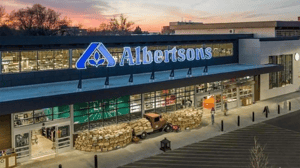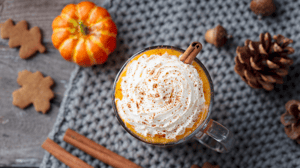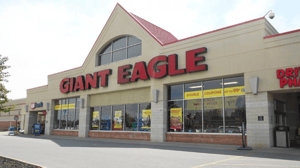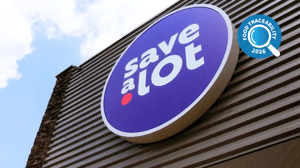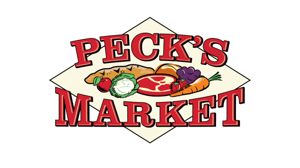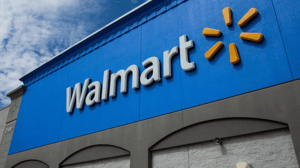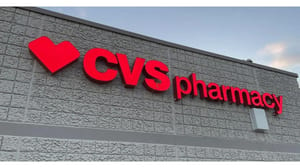Sponsored By
Grocery Operations
More Topics
- Grocery Technology
- Legislation & Regulatory News
- Mergers & Acquisitions
- Independents / Regional Grocers
- Grocery Marketing
- Grocery Wholesale & Distributors
- Retail Labor
- Foodservice at Retail
- Food Safety
- Sustainability
- Grocery Pharmacy & Health Care
- Finance
- New Stores
- Executive Moves
- Supplier News
- Company News
- Food Accessibility
- Retail Media
- Recalls
The front of a CVS store with the 5 things logo in the upper right corner.
Grocery Operations
5 things: Is CVS starting to crumble?5 things: Is CVS starting to crumble?
Here’s 5 things you may have missed in grocery
Stay up-to-date on the latest food retail news and trends
Subscribe to free eNewsletters from Supermarket News







.png?width=300&auto=webp&quality=80&disable=upscale)


